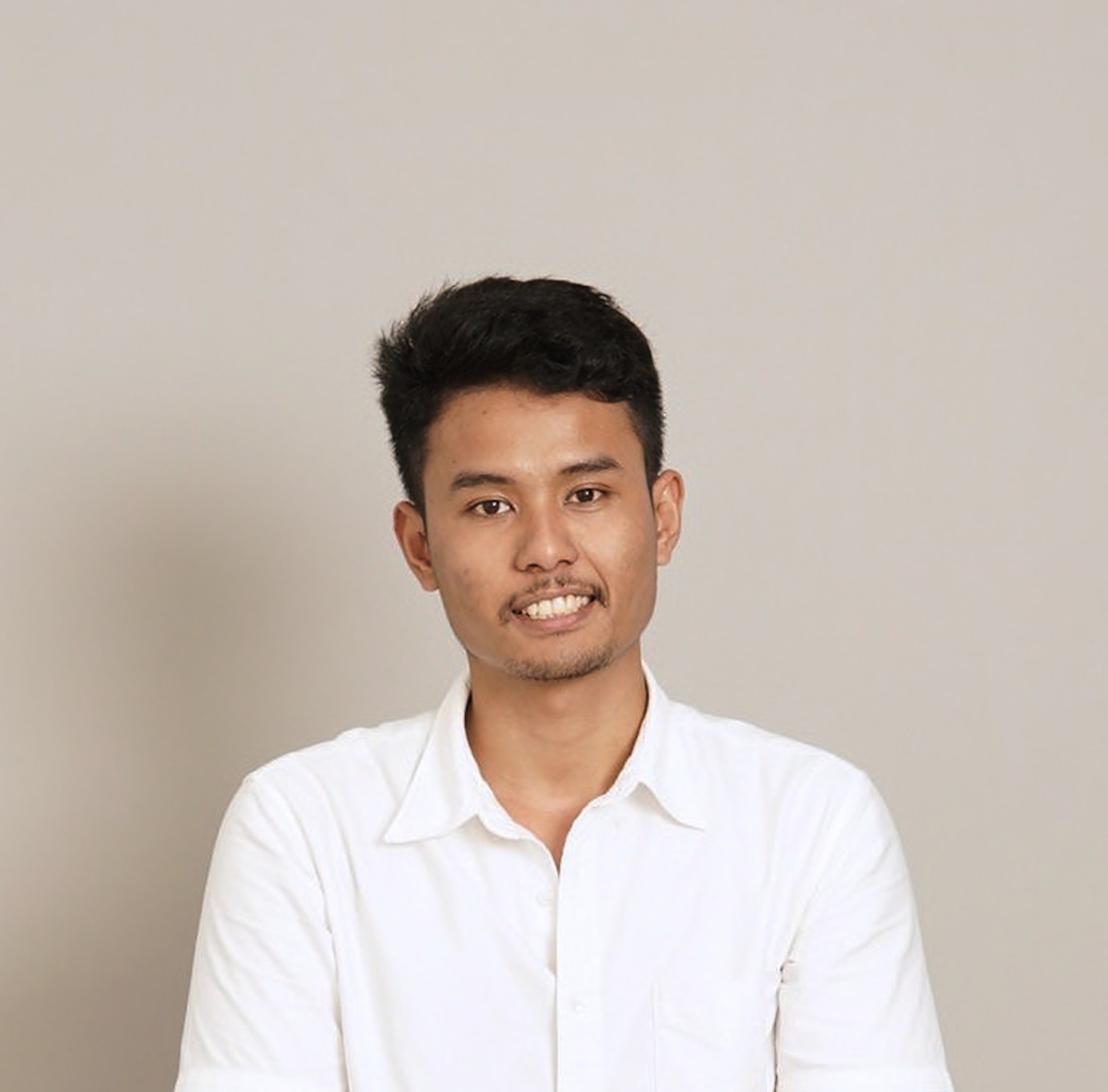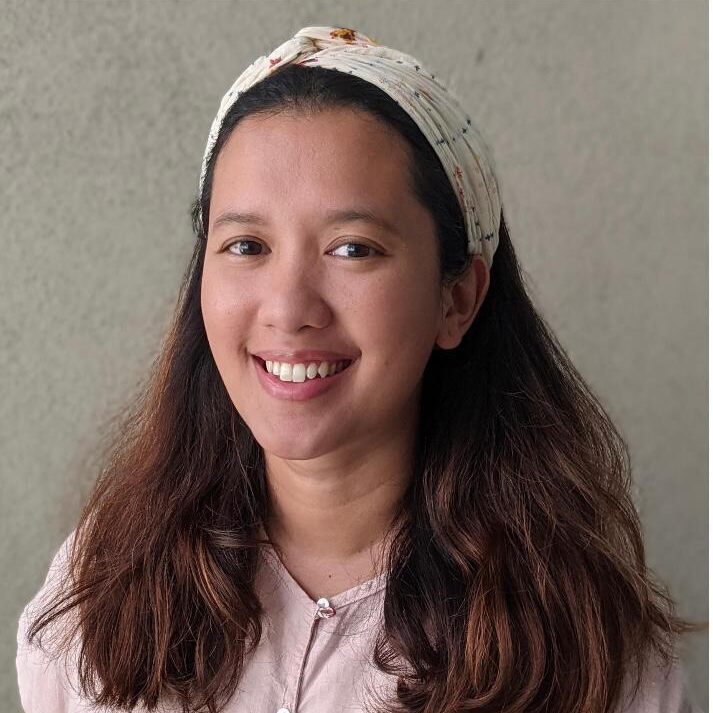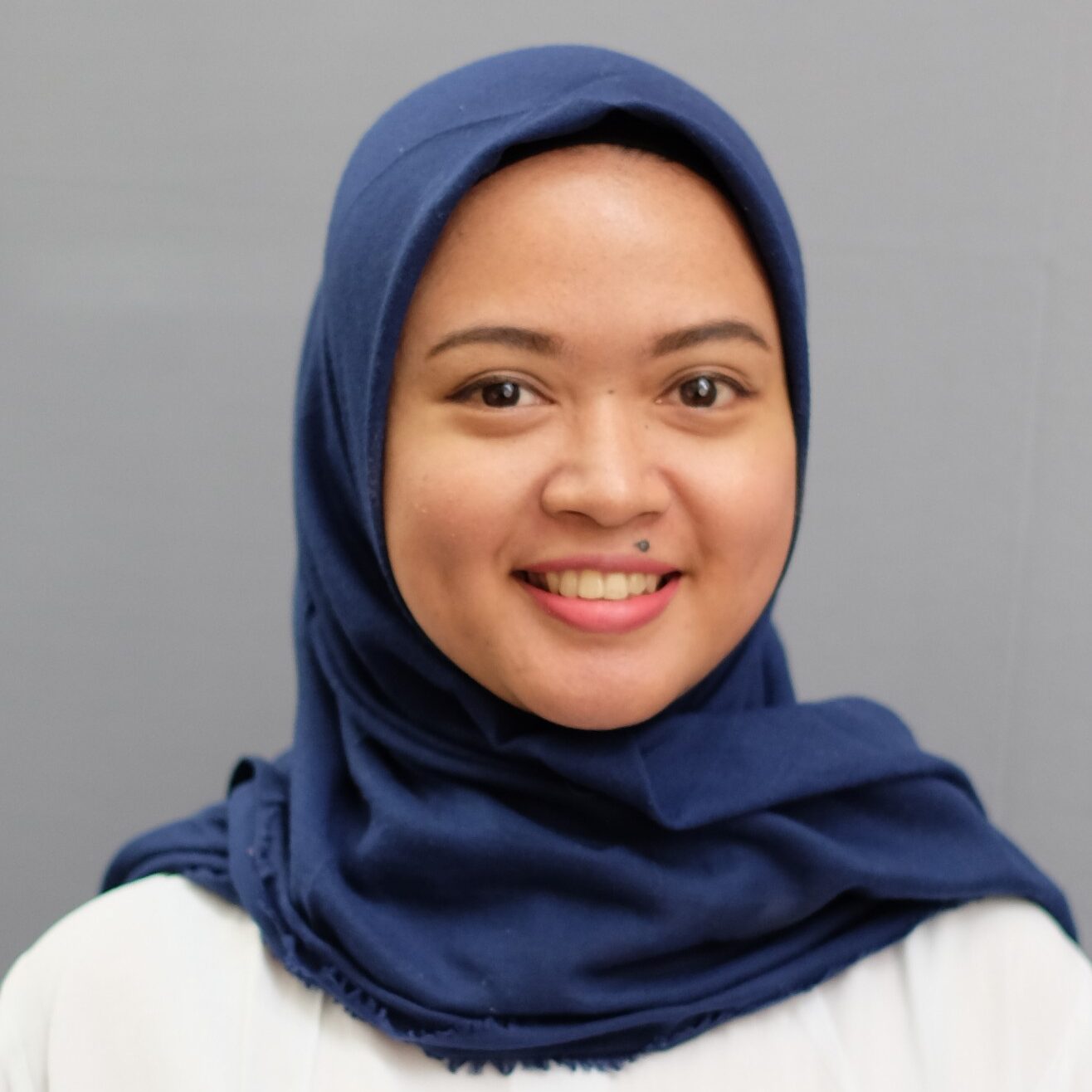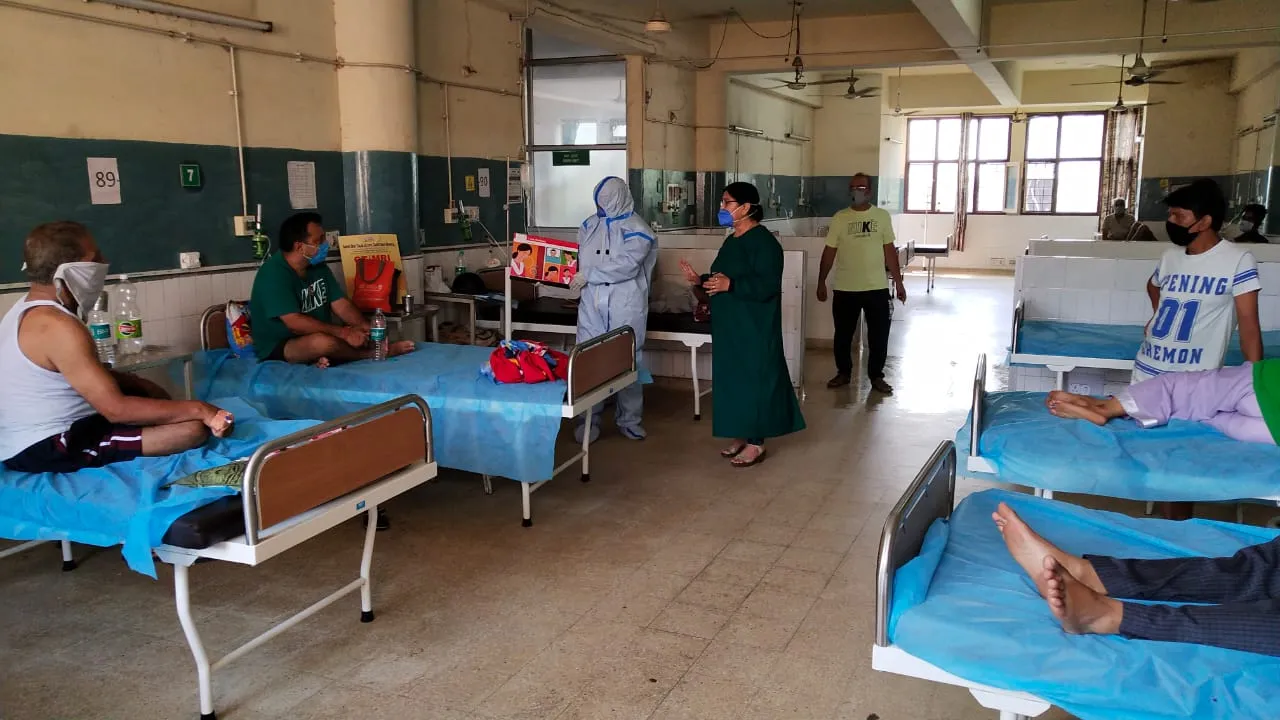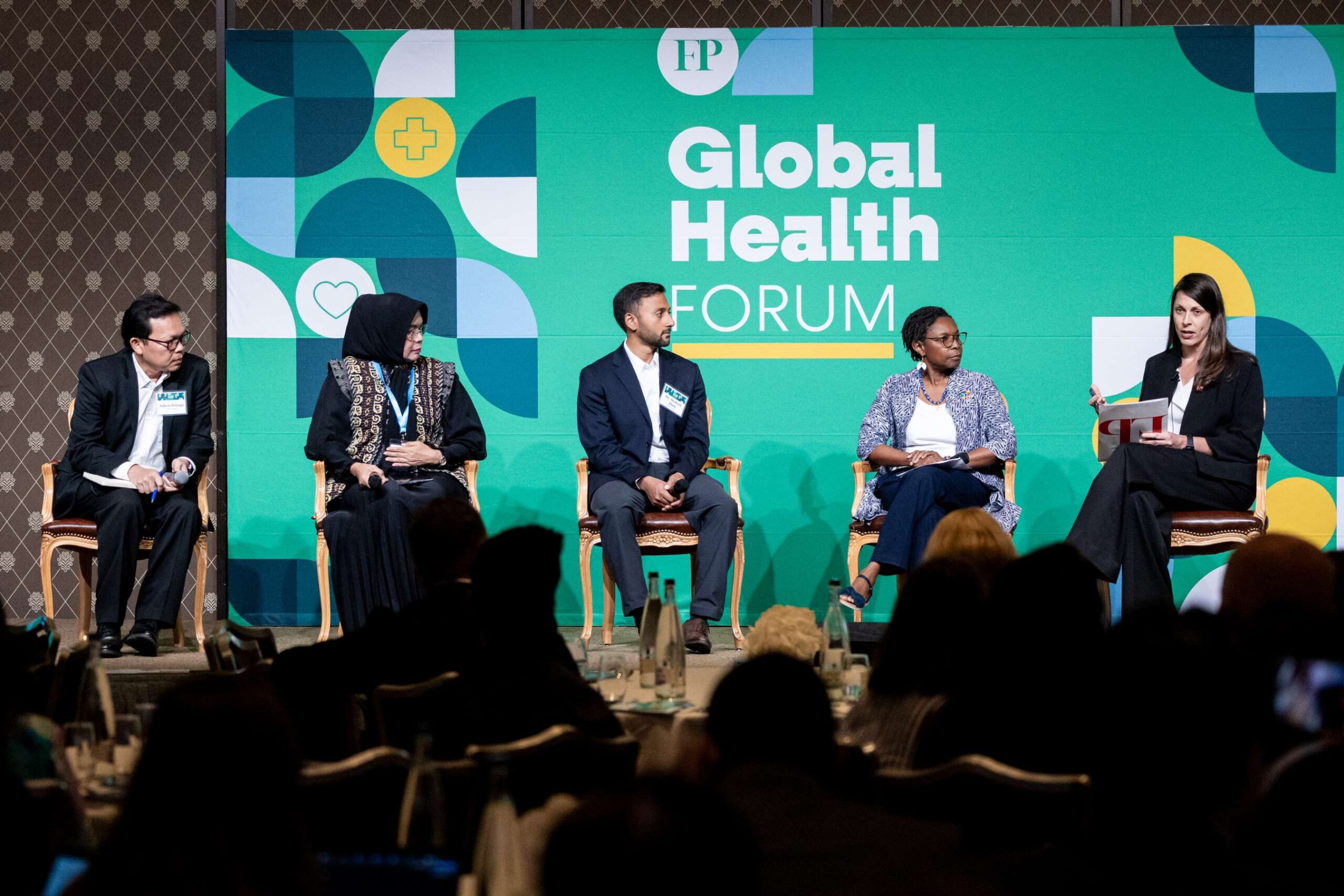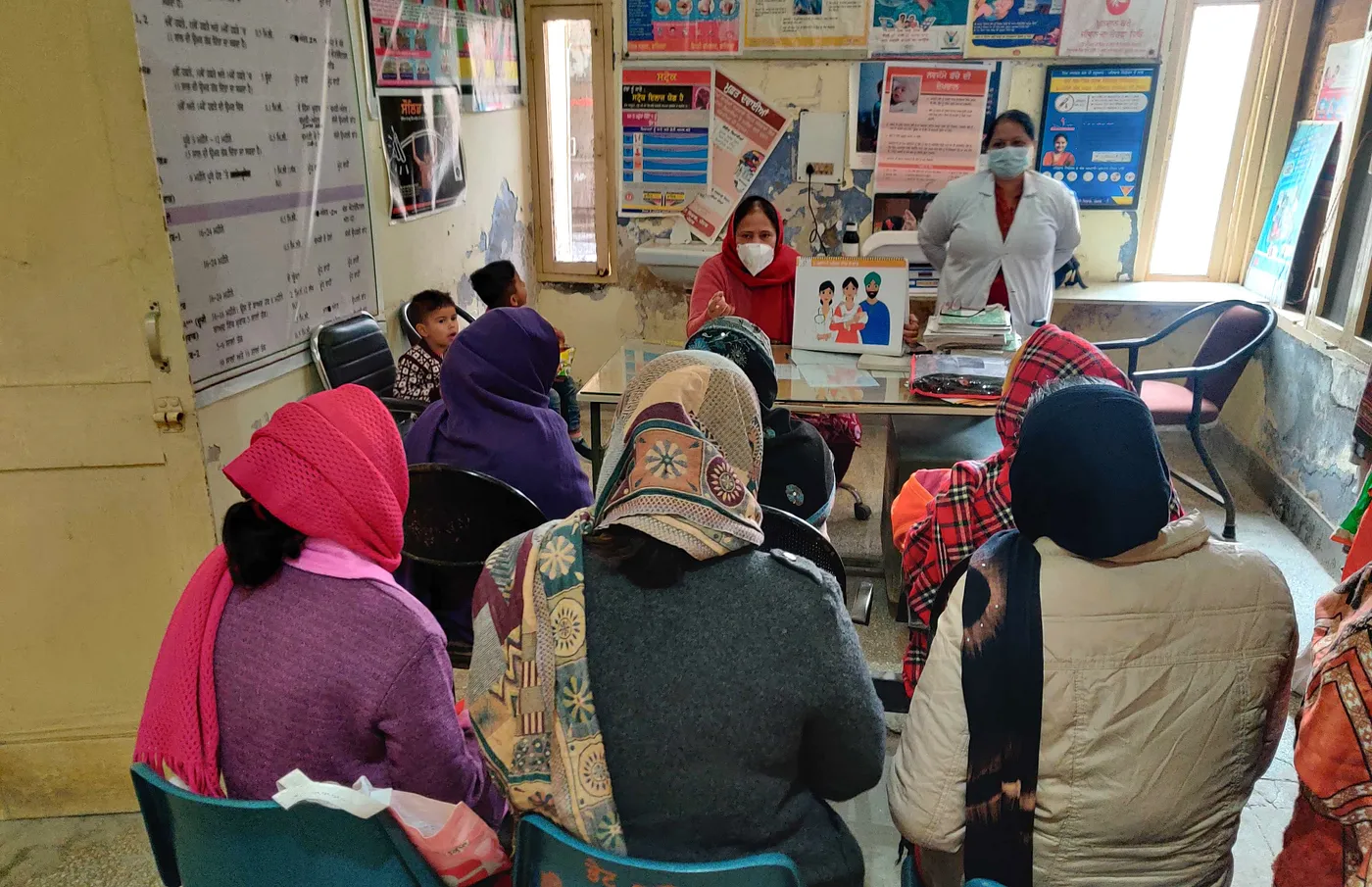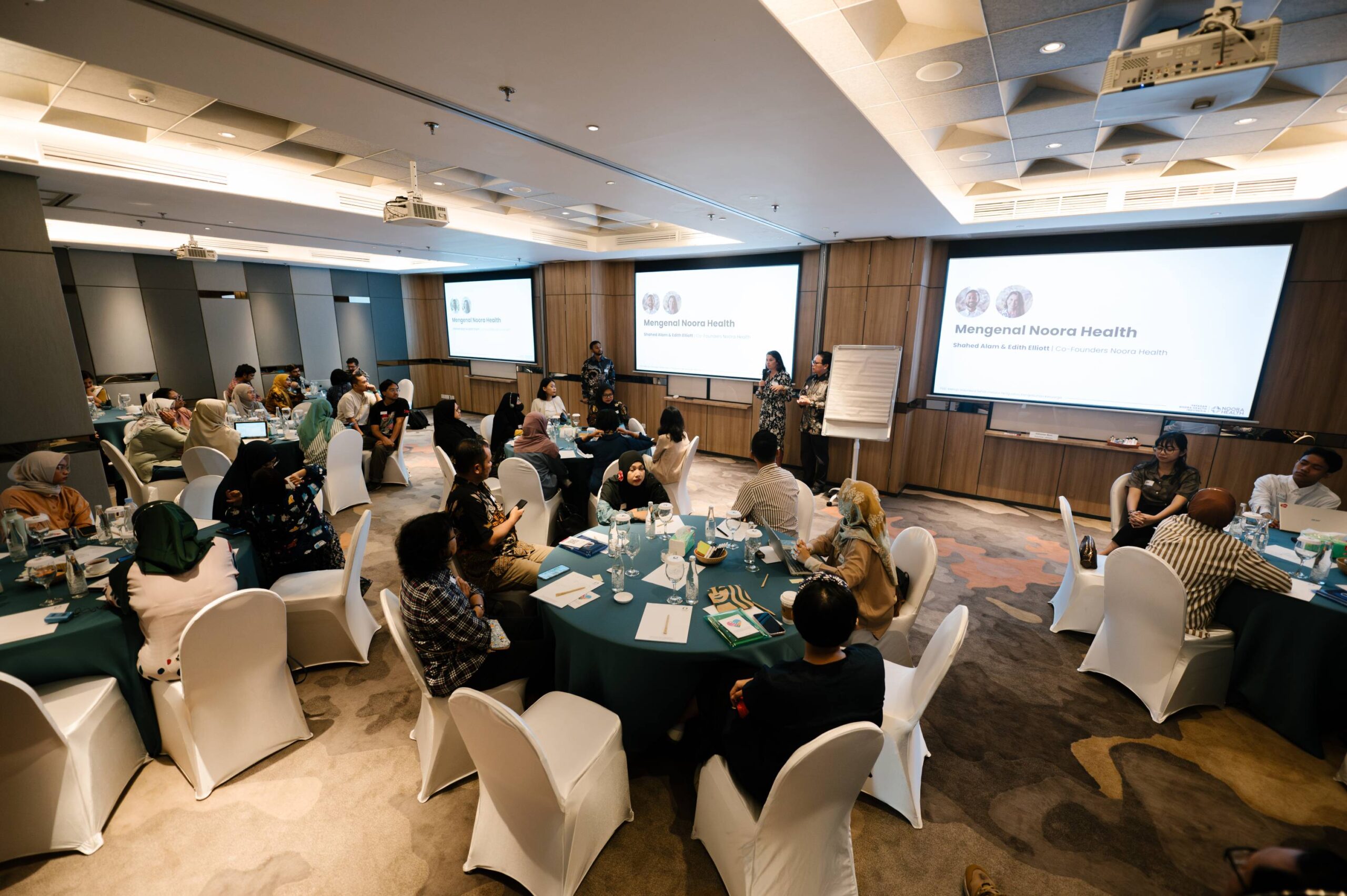
Embracing the strength within: Exploring Indonesia’s deep culture of care
At some point in life, most of us will either care for a loved one or be cared for ourselves. In Indonesia, caregiving is integral to family life, closely tied to cultural values and traditions. Yet, beneath these well-worn familial routines lies a deep reservoir of resilience and compassion that is often overlooked and underappreciated.
In 2023, as Noora Health expanded its work to Indonesia — a new socio-cultural context — we focused on understanding how caregiving fosters connection, resilience, and growth in communities. We wanted to explore the opportunities within caregiving that support both caregivers and the broader health system in the country.
To do this, we turned to those with firsthand experience: caregivers themselves.
Unpacking Indonesia’s deep culture of care
In June 2024, Noora Health organized a two-day focus group discussion in Jakarta, bringing together 53 family caregivers and 32 experts, including academics, NGOs, and policymakers. The participants represented a diverse range of caregiving experiences, from newborn care to supporting stroke survivors and children with disabilities, across geographies and age groups.
The discussions were intimate and honest. One story that stood out was from Muhar Yati, a woman with a disability caring for her father after a stroke. She shared how their bond deepened through caregiving. “I always encouraged him,” she said. With physiotherapy, hospital support, care at home, and sheer willpower, her father recovered. Muhar even gifted him a rooster chicken to celebrate, which became one of his pets and who he cared for himself. “Even if he made a mess, I let him. What mattered was allowing his spirit to heal.”
For Muhar, caregiving wasn’t just a duty — it was an opportunity to strengthen her relationship with her father and build resilience in their family.
Through stories like Muhar’s, we understood that caregiving in Indonesia is a deeply personal and communal act. While often unrecognized by formal healthcare systems, caregivers play a vital role in the recovery and well-being of their loved ones. This dynamic offers opportunities for growth and redefinition of roles within families and communities.
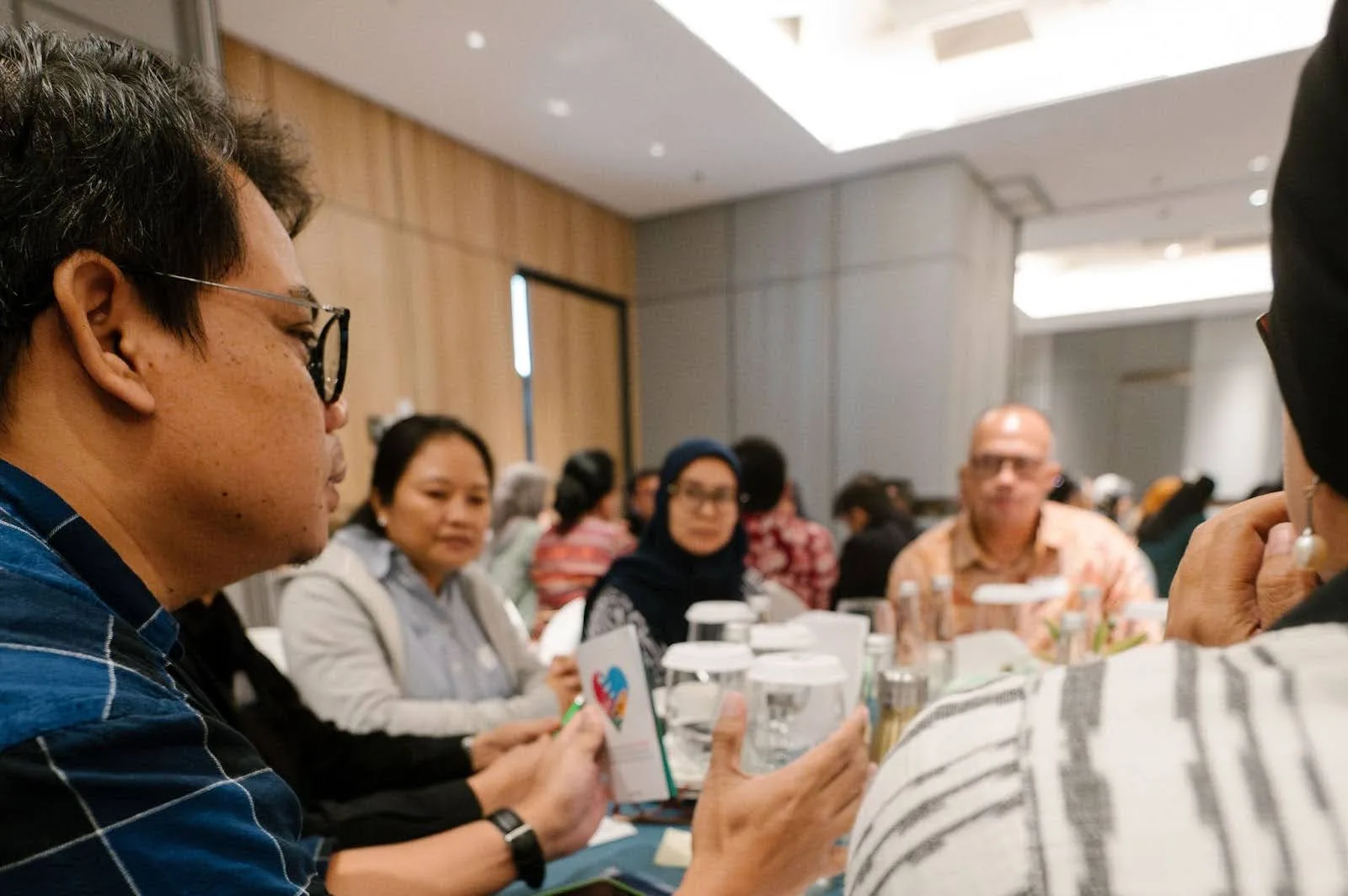
The intersection between culture and caregiving
Caregiving in Indonesia is intertwined with cultural values, particularly the belief that caring for a sick family member is a social and moral obligation. However, these expectations can weigh heavily on caregivers, especially women. Traditional gender roles dictate that women manage both caregiving and household duties, while men provide financial support. Putri, a mother caring for a baby with tuberculosis said, “The mental load of caregiving usually falls on women. But men can support in many ways beyond financial contributions. I think my husband is physically and mentally capable to do a lot of caregiving tasks I do, but he doesn’t because he is affected by the stigma that caregiving work is done only by women.”
Slowly, but surely, these traditional roles are changing and new opportunities are emerging. Men are increasingly becoming involved in caregiving, helping to balance the emotional and physical demands. This shift opens the door to a more balanced approach to caregiving, where both men and women contribute, improving health outcomes and strengthening family bonds.
Opportunities to leverage existing healthcare systems
Our takeaways from the focus group discussion highlighted the need for an integrated standard of care for family caregivers within Indonesia’s healthcare system. It revealed that while caregiving in Indonesia remains largely informal, there are many opportunities to enhance the support systems that surround it.
Another potential avenue for integration is leveraging existing information to create a centralized resource — accessible via technology — for family caregivers, patients, and their support systems. Rather than simply addressing gaps in the system, this is a chance to provide caregivers with the tools to navigate their roles more effectively.
Bringing caregivers into health systems not only eases the burden on individual caregivers but also strengthens the entire healthcare system by recognizing caregivers as key contributors to patient recovery and well-being.
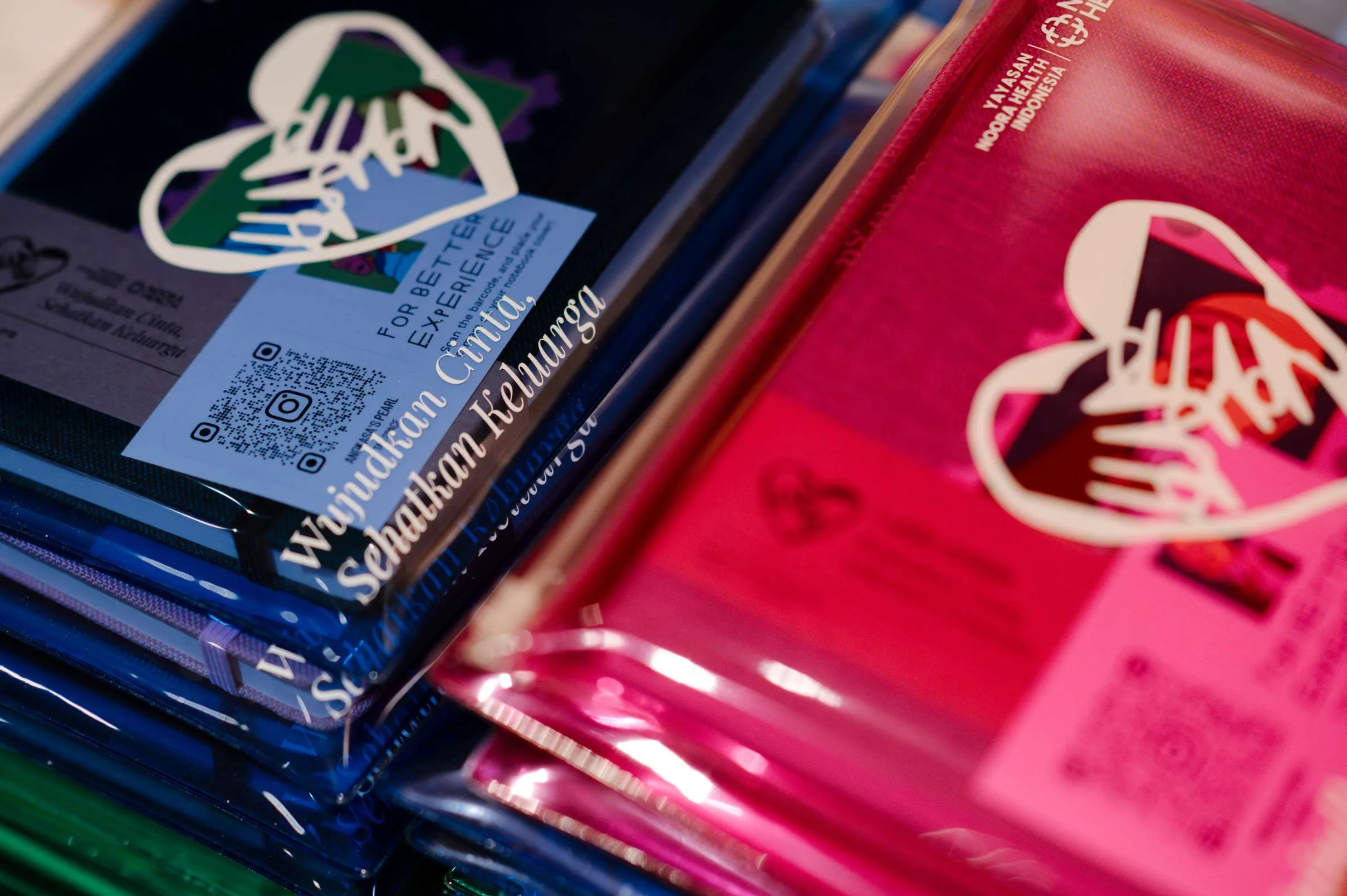
Redefining the future of caregiving in Indonesia
The insights gained from the focus group discussion are also shaping Noora Health’s Care Companion Program in Indonesia on both a practical and strategic level. Based on feedback from caregivers and experts, we have made significant changes, such as renaming the sessions with families and caregivers to Sesi Keluarga Sehat (Healthy Family Session). We found that this name resonates more deeply with local communities, encouraging the involvement of all family members in caregiving.
At a more strategic level, what we have learnt from the focus group discussion has significantly shaped the future direction of our program model. Supporting caregivers goes beyond just teaching technical skills for managing treatments and conditions of their loved ones. Caregiving practice also requires them to adopt behaviors and skills such as emotional regulation, self-management, as well as empathetic communication. These skills are now central to our interventions, helping to ensure caregivers’ well-being as they perform their roles.
Looking forward, we are committed to continue co-designing solutions with caregivers, healthcare workers, and community leaders.
We understand that caregiving is not just about meeting immediate needs — it’s about unlocking the potential for resilience, connection, and long-term well-being within families and communities.
Caregiving in Indonesia is not merely a challenge to be solved. It is an opportunity to transform lives, strengthen relationships, and empower families. By embracing this opportunity, we can create programs that support caregivers not just as caretakers, but as vital partners in shaping a healthier and more resilient future for Indonesia.
